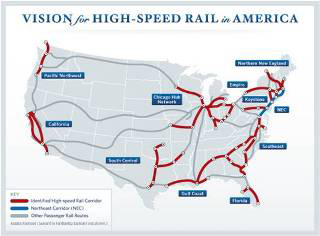Course Description
1.011 Project Evaluation covers methodologies for evaluating civil engineering projects, which typically are large-scale and long-lived and involve many economic, financial, social and environmental factors. The course places an emphasis on dealing with uncertainty. Students learn basic techniques of engineering …
1.011 Project Evaluation covers methodologies for evaluating civil engineering projects, which typically are large-scale and long-lived and involve many economic, financial, social and environmental factors. The course places an emphasis on dealing with uncertainty. Students learn basic techniques of engineering economics, including net present value analysis, life-cycle costing, benefit-cost analysis, and other approaches to project evaluation. Examples are drawn from both contemporary and historical projects in various fields, including transportation systems, urban development, energy and environmental projects, water resource management, telecommunications systems, and other elements of the public and private projects and programs.
Course Info
Learning Resource Types
assignment
Problem Sets
grading
Exams
notes
Lecture Notes
group_work
Projects with Examples
assignment
Written Assignments

Lectures 10 and 14 of this course evaluate the effectiveness of producing high speed rail corridors in the United States. (Image source: United States Federal Government.)








